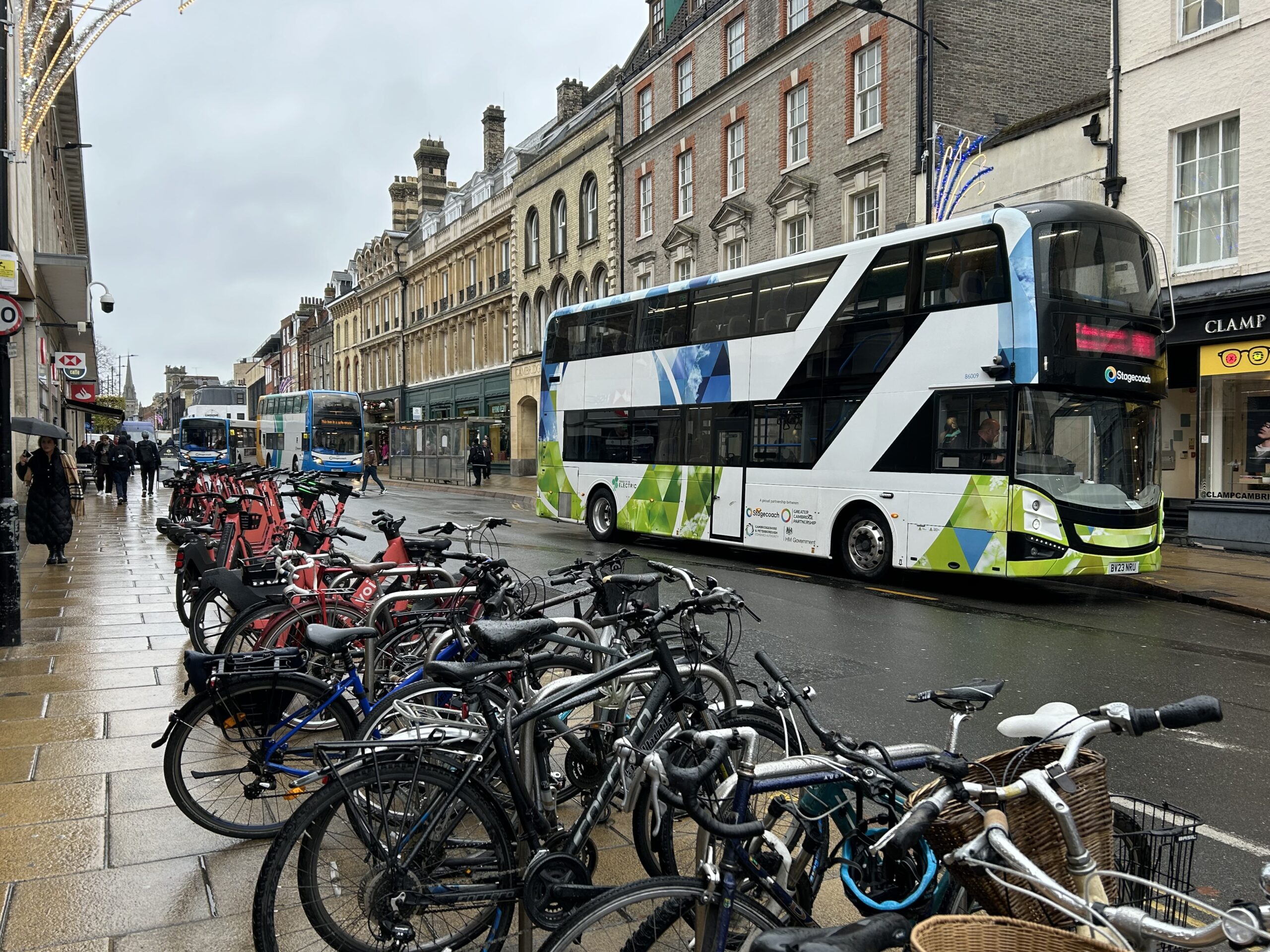Commissioned research confirms that current teacher shortages and retention pose a challenge to sustaining our vibrant and high quality education system across the region.
Cambridge is the driver of an extraordinary level of economic growth, both in the immediate region and further afield. On average, Cambridge and the wider Cambridgeshire region has seen employment growth amongst registered and trading based companies of 6.8% over the last 5 years[1]. Compounded, this rate of growth will double the numbers of jobs from a 2010 baseline by 2022. In 2015/16 turnover amongst Cambridge based companies increased on average by 7.5% to £36 billion – exceeding most cities across the UK.
Cambridge makes an economic contribution to the UK that far outweighs its size and population – it is a very significant net contributor to the UK’s overall wealth. Whilst this level of growth is welcomed, it must also be acknowledged that with it come several challenges, all of which need to be addressed if this potential for the UK is to be fully realised and if Cambridge is to remain one of its most productive cities.
The supply and retention of teachers in schools has been identified as a central concern for the city and the region, particularly given that much of the economic growth in and around Cambridge is dependent on the intellectual capabilities and skill sets of its workforce.
Cambridge Ahead, the business and academic member organisation dedicated to the successful growth of Cambridge, commissioned research, carried out by RAND Europe, to investigate working conditions (pay, type of contract and employment status) and teacher flows (numbers of new entries to the profession as well as those leaving) in Cambridgeshire.
The report highlights an issue within our region that puts future economic growth at risk and, whilst confirming issues across all schools, particularly highlighted the challenges faced in the secondary sector, where there are too few new secondary teachers to replace those who retire or leave. This gap is even more pronounced in the STEM subjects.
When compared to the national average, secondary teachers in Cambridgeshire are:
- more likely to earn a salary within lower pay ranges;
- more likely to work part-time, and;
- since 2010 are more likely to work under fixed-term or temporary contracts.
These conditions are compounded when viewed alongside the cost of living across Cambridgeshire. To be a Cambridge resident on an 80% mortgage, the average household would need to earn at least £114,000 within Cambridge city or £69,000 in Cambridgeshire if they are to afford a typical family home[2]. It is no wonder that the Cambridge region is seeing less people enter the teaching profession, than those retiring or leaving the profession to follow alternative careers.
The report concluded that the pressure on schools to deliver a high standard of education is unsustainable – they are currently doing well, but continuing to achieve high standards is becoming harder and harder. To do so, measures to maintain the area as an attractive place to work are critical – there is a great opportunity for teachers to come to Cambridgeshire and prepare the next generation of employees for the thriving job market that exists here, with a particular focus on attracting teachers for science, technology, engineering and mathematics (STEM) related subjects, given the region’s growing demand for future STEM professionals. Looking forward, the region must work collaboratively to address the issues, but government support will also be required to ensure Cambridgeshire’s education system continues to be able to support the economic growth that Cambridge and its region are delivering.
Julie Belanger, the lead author of the report and research leader at RAND Europe, commented: “Teacher shortages across England have been well-documented, with the report highlighting even greater challenges in Cambridgeshire. Two key factors – less attractive working conditions and insufficient replacement rates of secondary school teachers – are at the heart of this problem. The problems are even more pronounced with secondary school teachers of the STEM subjects. Collaborative efforts between national government and local authorities will be vital in identifying regions like Cambridgeshire that are facing teacher shortages and implementing strategies aimed at tackling this issue head-on.”
Jane Paterson-Todd, CEO of Cambridge Ahead, concluded: “Without addressing the challenges facing our schools, we put at risk the growth potential of Cambridge and the wider region. There is sufficient local support to drive regional initiatives, which will address some of the concerns, but national funding and teaching training policies need to be changed to ensure that the regional education system can best support the remarkable economic growth in our region.”
The research has given us a tangible focus from which to start these discussions with our local MPs and the Department of Education. I am encouraged by their willingness to engage with us and look forward to their continued support as we develop initiatives to support and encourage both our existing teachers and those joining the profession.”
The ongoing focus of the Cambridge Ahead Education & Skills Project Team will include the continued evaluation of the report findings with the objective of recommending and supporting initiatives – both at national and region level – to ensure the challenges faced are addressed and that the education of our region’s young people and the welfare of those that teach them remains a high priority.
[1]Centre for Business Research, University of Cambridge 2017
[2]Home Truths 2016/17 Report for East of England – National Housing Federation




